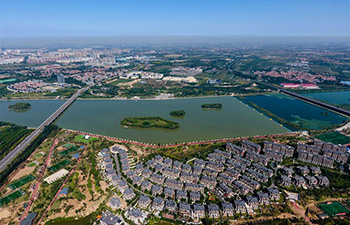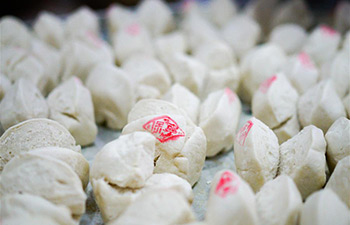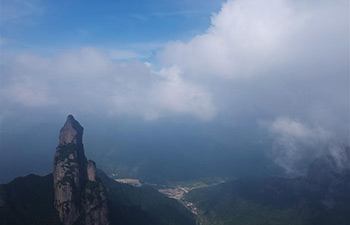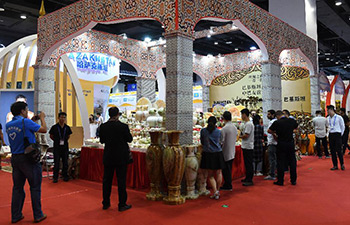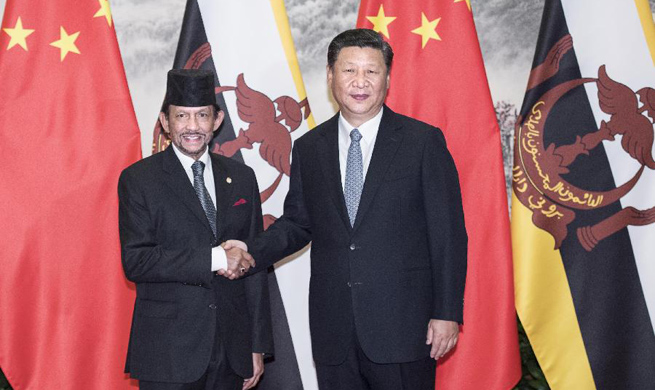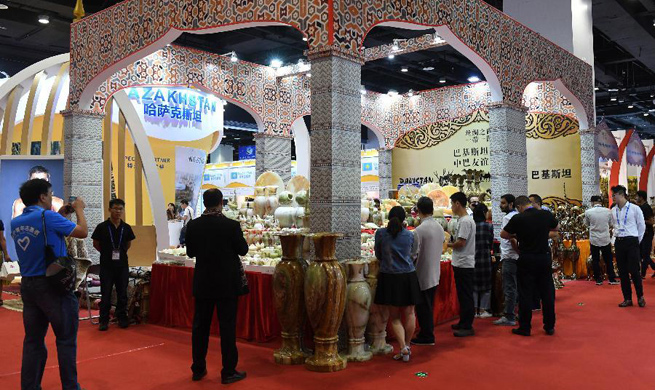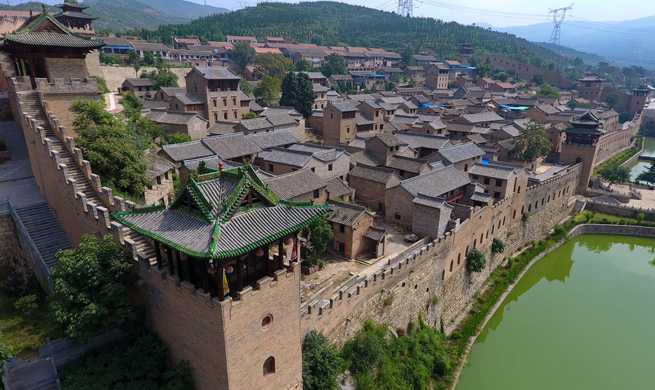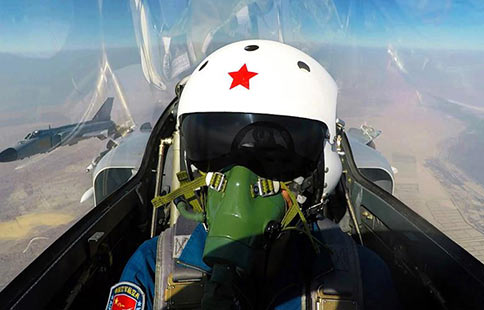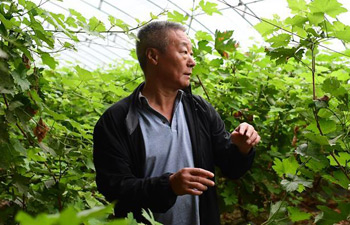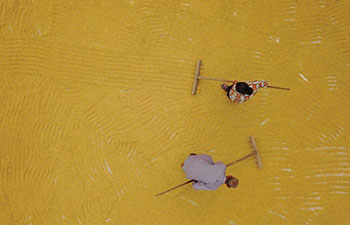JUBA, Sept. 13 (Xinhua) -- A South Sudanese expert Tuesday said the United States should explore use of persuasion and diplomacy toward the war-torn country's leaders, instead of sanctions which could scuttle ongoing peace efforts.
"Sanctions don't have any major impact on these leaders that have been sanctioned in South Sudan. They just send sort of chilling, personal reflections to those leaders, because most of (leaders) them don't travel, have no money in the U.S they have money here," said Jacob Chol, professor of politics at Juba university.
He was reacting to the Sept. 6 sanctions including asset freeze and travel ban imposed by the U.S Department of the Treasury on three former and current South Sudan leaders on pretext of obstructing peace and stability in the country.
The affected individuals include the minister of information Michael Makuei, South Sudan army (SPLA) deputy chief of staff Malek Reuben and former SPLA chief of staff Paul Malong.
"Sanctions will embolden the leaders now and make them stronger. What is important besides, sanctions are persuasion and diplomacy," said Chol, adding that most of these leaders don't actually have credit cards.
The political science don also cautioned that the U.S. administration's recent sanctions should have included members of the armed opposition (SPLA-in opposition) allied to former First Vice President Riek Machar.
"The U.S. should be careful on whom to sanction, if they want to be very fair they have to look on both sides of the war so that the government does not look like it is being targeted by the U.S.," he disclosed.
Last week, the Ministry of Foreign Affairs, Undersecretary Bak Valentino called the U.S. sanctions unjust and unfair since they excluded rebel officials.
Chol further said there is need for leadership transition to be included in the high level peace deal revitalization forum launched in July, by the East African bloc Intergovernmental Authority on Development (IGAD).
"If the region does not become very neutral and honest enough to resolve conflict, it will go on forever. This State should be helped to save it from collapse," he added.
South Sudan descended into violence in December 2013 after political dispute between President Salva Kiir and his former deputy Riek Machar led to fighting that pitted mostly Dinka ethnic soldiers loyal to Kiir against Machar's Nuer ethnic group.
The 2015 peace agreement to end the violence was again violated in July 2016 when the rival factions resumed fighting in the capital forcing Machar to flee into exile.
The conflict has killed tens of thousands of people and displaced millions that have sought refuge in neighbouring countries.




